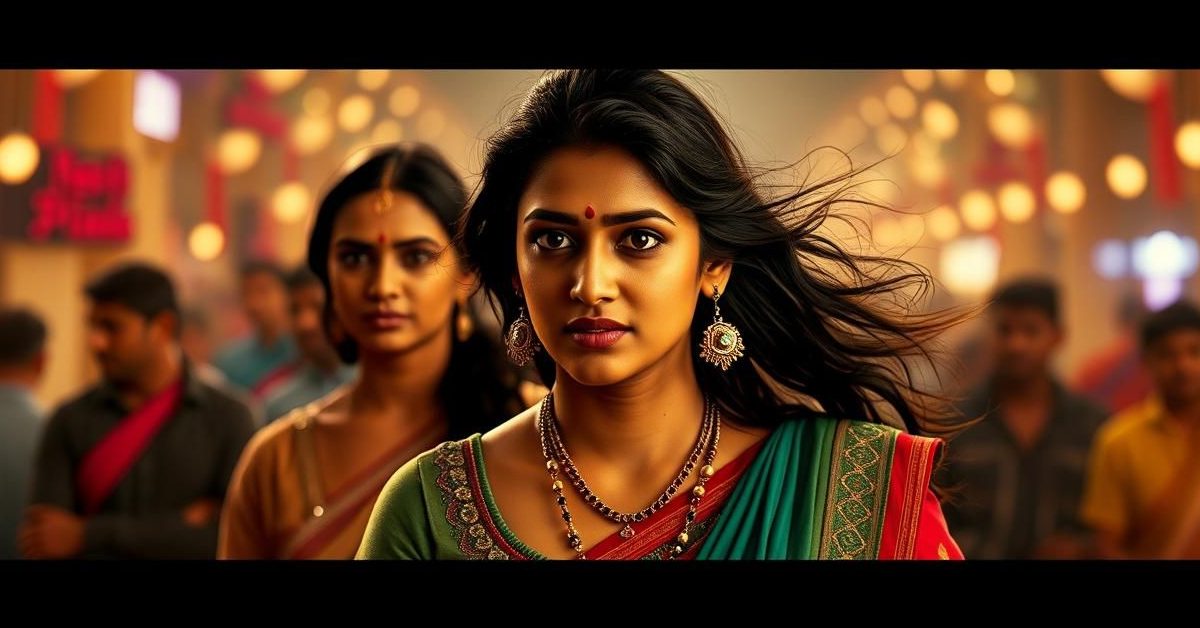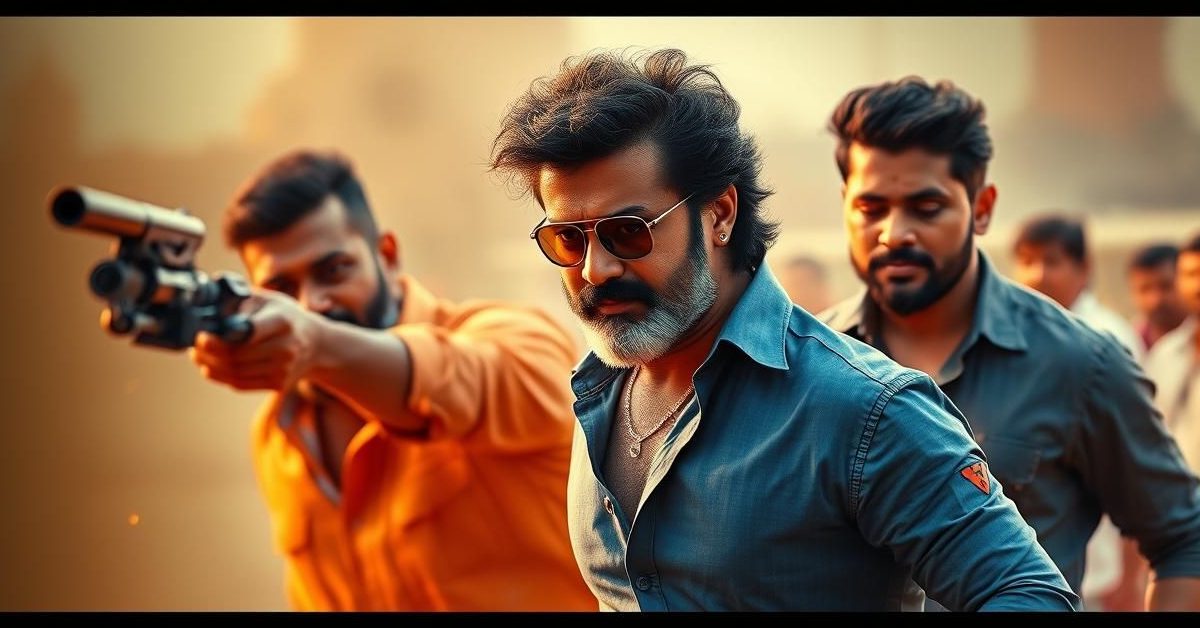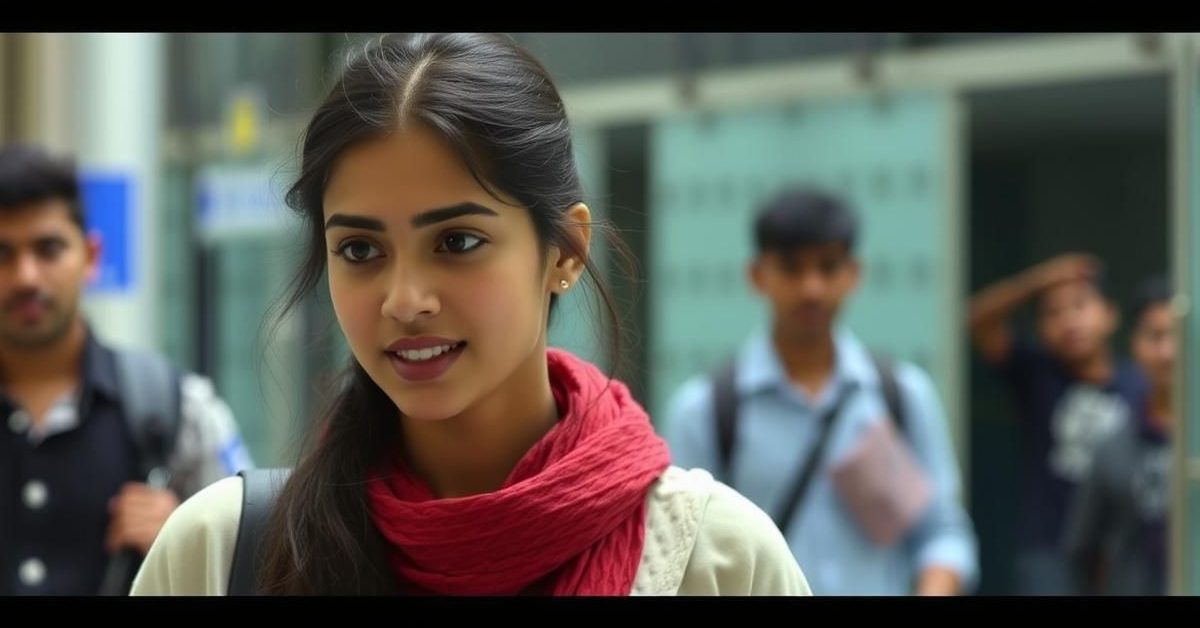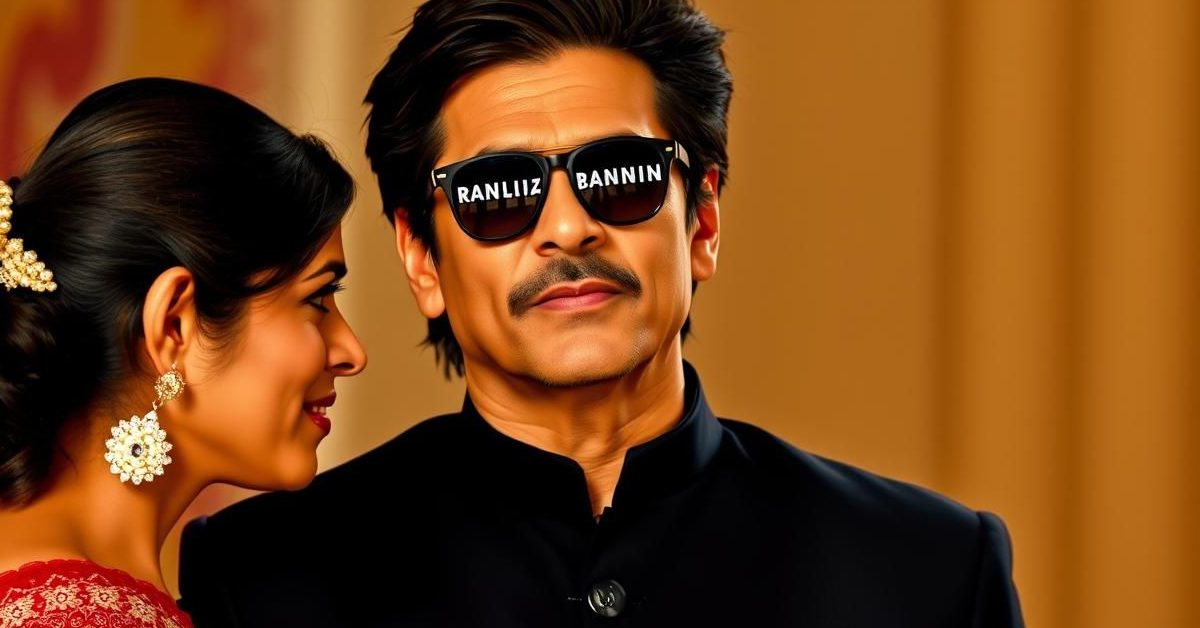Ali Fazal has weighed in on the ongoing debate about actors’ working hours in Bollywood, stating that filmmaking is a creative process, not a rigid corporate job.
The Debate Deepens
The discussion began after reports emerged that Deepika Padukone might step away from Sandeep Reddy Vanga’s film “Spirit.” This sparked conversations about actors’ commitment to long working hours on set.
Several Bollywood figures, including Ajay Devgn, Kajol, and Sonakshi Sinha, have supported Deepika, citing the demanding nature of the profession. However, filmmakers like Kussh Sinha, Suneel Darshan, and Mohit Suri have argued against blaming directors, emphasizing the collaborative nature of filmmaking.
Ali Fazal’s Take: Not a Corporate Job
Actor Ali Fazal, who also co-produces films, shared his perspective, emphasizing that the film industry is far from a typical corporate environment. He stated he is “pro everybody being satisfied” and believes creativity requires immense compassion.
“This is not like a corporate job,” Fazal explained in a recent interview. He believes that working hours should be mutually agreed upon by actors, creators, and technicians, acknowledging the unique demands of artistic creation.
Genre Changes Everything
Fazal further highlighted that the genre of a film significantly influences the working style and schedule. Some projects might be heavy on visual effects, requiring less on-set time, while others, like action or drama, demand more extensive shooting.
He argued against applying a fixed template to film production, stressing that every project is subjective. Fazal also criticized the pressure on individuals to take sides in the ongoing debate, deeming it unfair.
Other Voices in the Industry
Filmmaker Kussh Sinha previously emphasized that an actor is just one part of a much larger team. He noted that producers, directors, cinematographers, and production managers are equally crucial to the filmmaking process.
Sinha added that if an actor’s specific working style is agreed upon in advance, it’s acceptable. However, he warned against “power play” where one person dictates timelines, as this can disrupt the collective effort required to make a film. Similarly, Suneel Darshan commented on the importance of working with those who prioritize the film above all else.
- Filmmaking is seen as a creative, compassionate process, not a corporate job.
- Working hours should be a mutual decision between all stakeholders.
- The specific genre and demands of a film dictate its unique working style.
- A film is a collective effort, and no single person should dictate timelines without prior agreement.
The conversation continues to highlight the complex dynamics and differing expectations within the dynamic world of Indian cinema.















